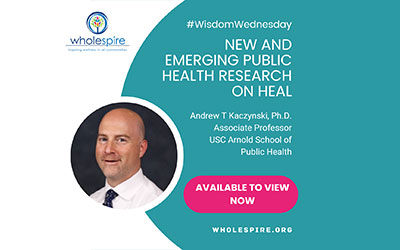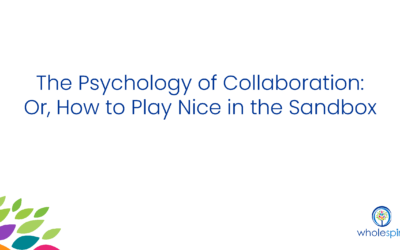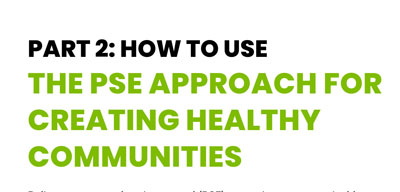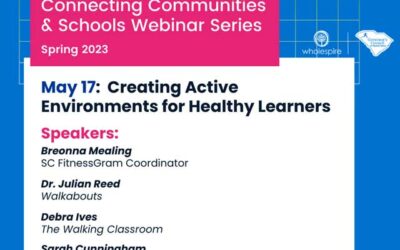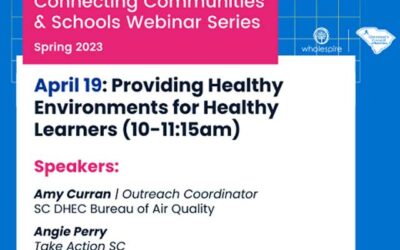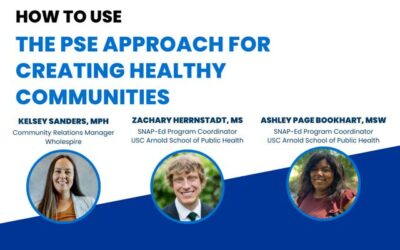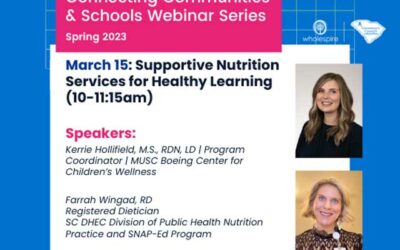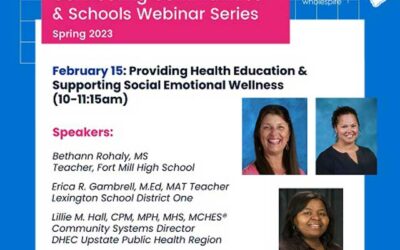Find out about the latest research happening at the USC Arnold School of Public Health Prevention and Research Center. Dr. Andy Kaczynski will give you a peak into research related to obesity and environmental justice, the development of a Childhood Obesogenic Environment Index and its application across South Carolina counties, as well as Pedestrian and Cyclist Crashes across SC.
Webinars
Continuum of Collaboration
Gain a deeper understanding of collaboration! From newbies to seasoned coalition leaders, everyone will hear about new ideas, the key reasons behind why people participate in community coalitions, how to recruit potential members, and most importantly how to keep them...
Part 2: The PSE Approach for Creating Healthy Communities
Learn more about policy, systems and environmental (PSE) change and get real-life examples across South Carolina.
Creating Active Environments for Healthy Learners
How can we help South Carolina’s schools be more physically active? Hear the latest FITNESSGRAM data and learn about local and national resources your school can use to promote physical education and get students more physically active. This webinar is eligible for 1 educator continuing education credit.
Providing Healthy Environments for Healthy Learners
How does the environment affect student health and the school campus? Learn about Breathe Better for Schools, a program from the SC Department of Health and Environmental Control and other resources that can be used to teach environmental responsibility. This webinar is eligible for 1 educator continuing education credit.
Part 1: The PSE Approach for Creating Healthy Communities
What’s the difference between PSE change and programs? Learn more about PSE strategies and how they can complement programming to achieve greater health outcomes.
Supportive Nutrition Services for Healthy Learning
Take a deep dive into the nutrition environment and nutrition component of the Whole School, Whole Community, Whole Child model and hear about strategies communities and schools can use to create healthier school environments. This webinar is eligible for 1 educator continuing education credit.
Providing Health Education & Supporting Social Emotional Wellness
How is health education prioritized in South Carolina, and how is it being used in schools? Learn how communities and schools can ensure that health education is incorporated into healthy school environments. This webinar is eligible for 1 educator continuing education credit.
Supporting Employee Wellness
What does school employee wellness look like in South Carolina? Find out with this webinar and learn how your school can implement similar strategies. This webinar is eligible for 1 educator continuing education credit.

